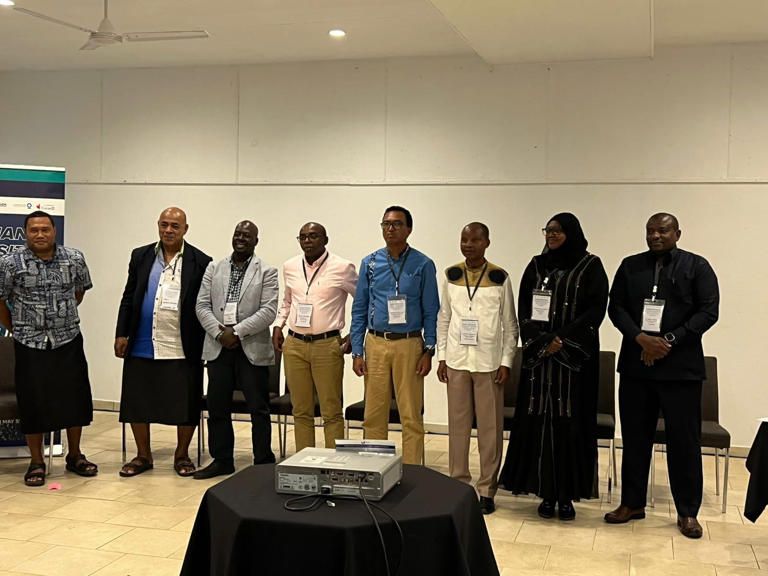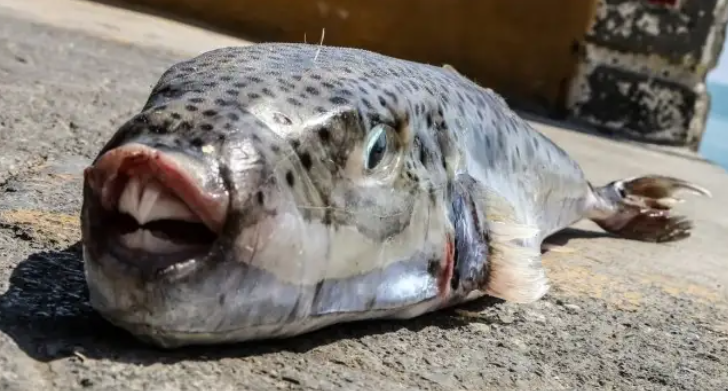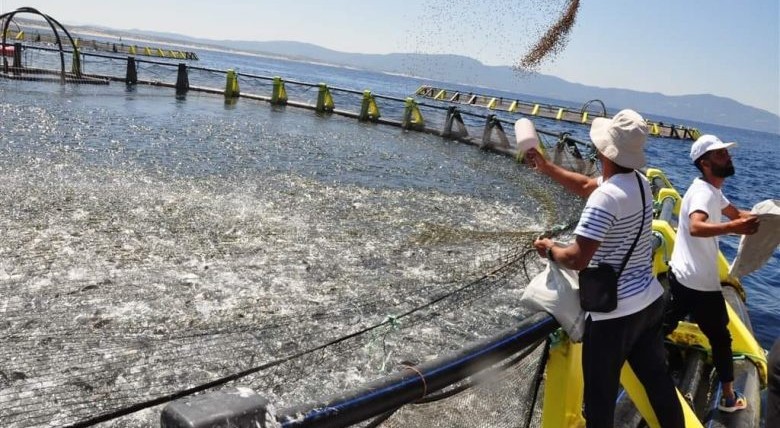Balancing Biodiversity Conservation and Economic Development: Madagascar Refines Its Blue Economy Strategy by Learning from Fiji
From May 4 to 8, a delegation from five African countries, including Madagascar, took part in a mission to the Fiji Islands as part of the « Large Marine Landscape » project. Supported by Conservation International, IUCN, and Mission Inclusion Canada, the initiative aimed to share sustainable marine resource management strategies. The goal was to understand how Fiji—a small Pacific archipelago—manages to protect its marine environment while generating revenue through responsible practices. Fijian methods rely on close collaboration between local communities, authorities, and scientists to maintain a balance between exploitation and conservation.
“In Fiji, local communities are directly involved in managing their environment. This ensures sustainability while delivering economic benefits,” explains Rado Rakotosoa, Director General of Blue Economy and head of the Malagasy delegation.
The mission also aims to reinforce the commitment of Madagascar and its neighboring countries to protect 30% of their marine areas by 2030, in line with the ambitious Great Blue Wall initiative.
Sustainability
In Madagascar, the blue economy takes shape through marine spatial planning, a tool used to organize marine space in a way that balances protection, exploitation, and economic development.
A representative from the Ministry of Fisheries and Blue Economy explains: “This isn’t about conservation for the sake of conservation. It’s about sustainable management. We establish seasonal closures for certain species, like octopus or lobster, based on scientific studies.” Pilot regions such as Diana and Atsimo Andrefana are already benefiting from this approach. Local committees composed of community members, local authorities, and technical services ensure implementation on the ground.
“It’s not just the Ministry’s responsibility. Communities must take ownership of the project,” the official adds.
The outcomes are numerous: improved water quality, protection of reefs and mangroves, increased fishery productivity, and greater resilience to climate change. The system also contributes to the fight against IUU (Illegal, Unreported, and Unregulated) fishing.
In light of growing pressure on fishery resources, the government is also focusing on developing aquaculture to meet food demand.
“People must be encouraged to raise fish, because the population is growing, while marine resources remain limited,” the Ministry emphasizes.
Source: MSN




